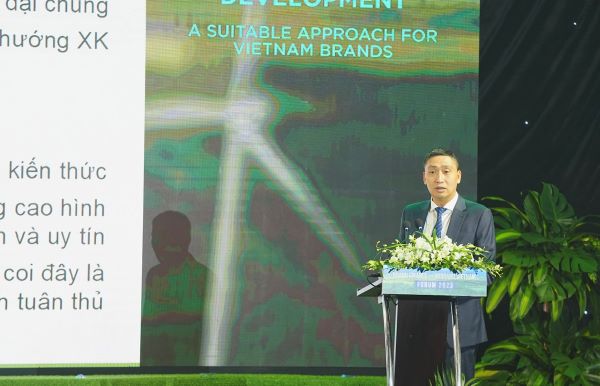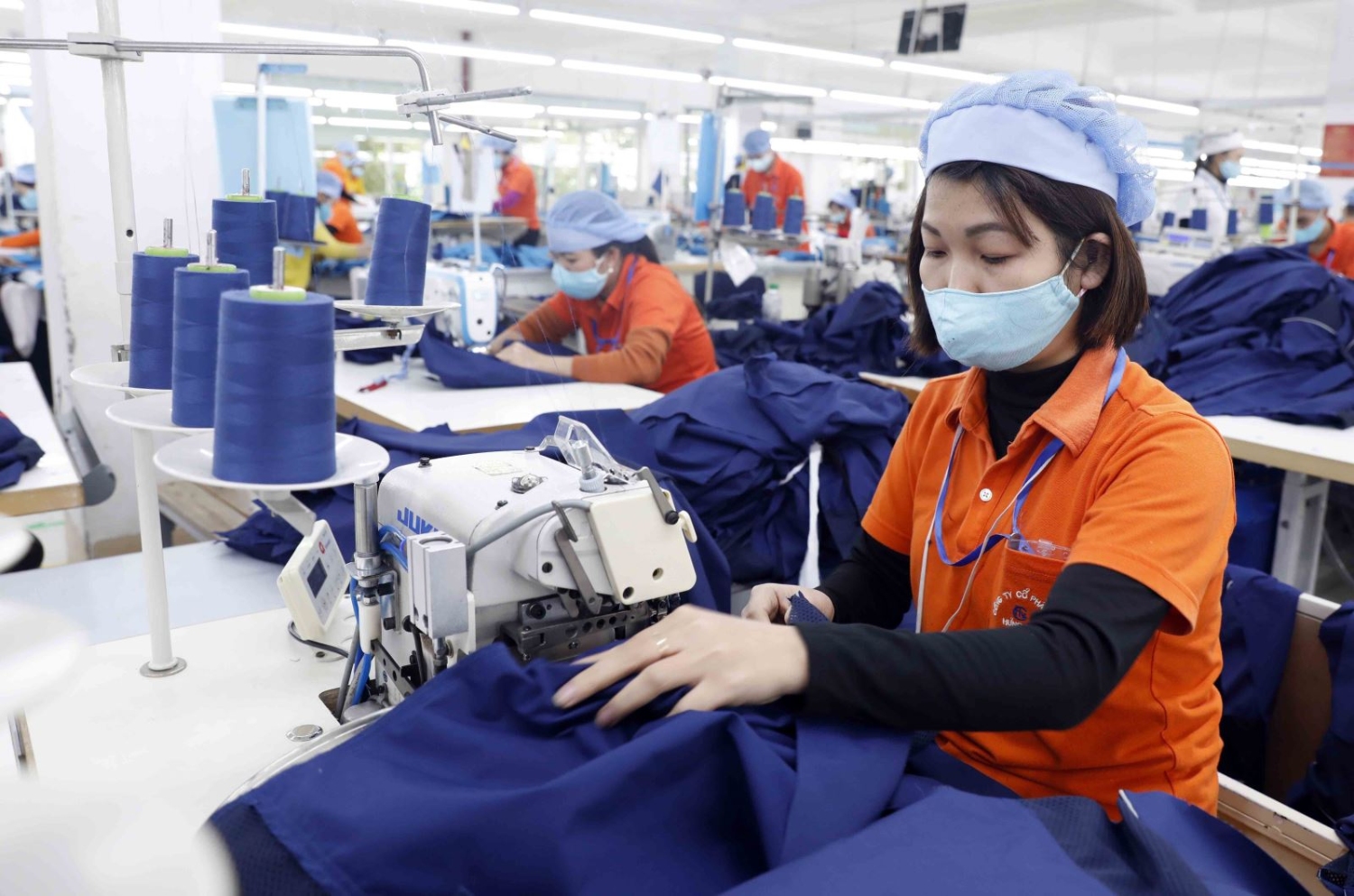5 challenges for Vietnamese firms in the green economy
With 97% of small and medium-sized firms (SMEs), including micro-enterprises, having limit ed resources, investing in a more sustainable business transformation is tough.
During the seminar "Green Development: Approaches of Vietnamese Brands," Mr. Hoang Minh Chien, Deputy Head of the Trade Promotion Department (Ministry of Industry and Trade), emphasized that green growth, sustainable development, and circular economy are becoming global trends that are shaping new trade and investment rules. Some main import markets for Vietnamese goods levy substantial fees on carbon-emitting items and implement stringent environmental rules on imported commodities.

Foreign direct investment (FDI) firms, publicly listed corporations, and export-oriented businesses are among the pioneering companies in green manufacturing and sustainable growth in Vietnam. These companies swiftly understand new trends and requirements, putting them ahead of competitors.
In Mr. Hoang Minh Chien's view, limit ed resources inhibit the capacity of 97% of micro and small-sized firms to invest in shifting to a more sustainable business model. As a result, the majority of small and medium-sized businesses are still considering taking the first steps toward sustainable development and green growth.
According to Mr. Hoang Minh Chien's recent survey data, 83% of companies believe that Environmental, Social, and Governance (ESG) practices improve their image and reputation, while 57% recognize the importance of shifting toward green and sustainable production due to market demands and expansion plans in Europe and the United States. However, 70% of enterprises acknowledge to a lack of information and awareness of the benefits of the green economy and sustainable growth, making them unwilling to invest and transfer production.
Mr. Hoang Minh Chien highlights five obstacles for Vietnamese enterprises in green economic and circular growth based on this reality:
First, recognize the need of maintaining high standards in environmental preservation, social responsibility, and corporate governance.
Second, businesses have limit ed budgets and resources.
Third, limit ations in replacing obsolete manufacturing technology with current ones in order to fulfill market needs.
Fourth, there is the possibility of dangers owing to insufficient management, a lack of expertise, and limit ed abilities.
Finally, despite the acknowledgement of the importance of green development, there is insufficient support; existing policies and programs need to be more suited to individual company requirements.

Mr. Hoang Minh Chien underlines the need of aligning with a sustainable development plan to accelerate the transition to green manufacturing and corporate success. Customs advantages granted by various Free Trade Agreements (FTAs), particularly newer-generation FTAs that stress green and sustainable development standards, should be taken advantage of by businesses.
Furthermore, firms should innovate and improve their manufacturing processes in order to provide "green" products and services that not only fulfill export standards but also meet expanding domestic customer demand.
At each level of development, businesses must commit to long-term strategy focused at sustainable development. Although this investment may not provide immediate economic advantages, it will provide significant long-term benefits.
Finally, developing and sustaining a company culture, increasing brand value, and fortifying relationships with other businesses are critical components in the route toward green economic growth.








